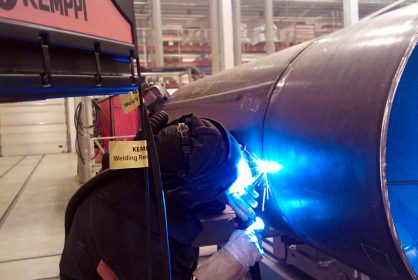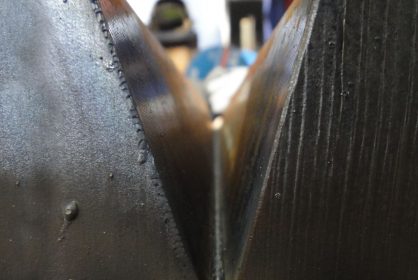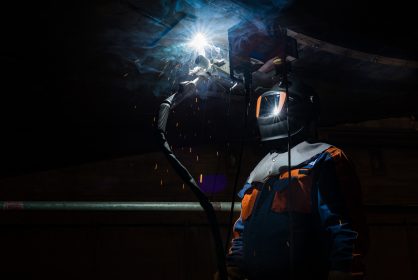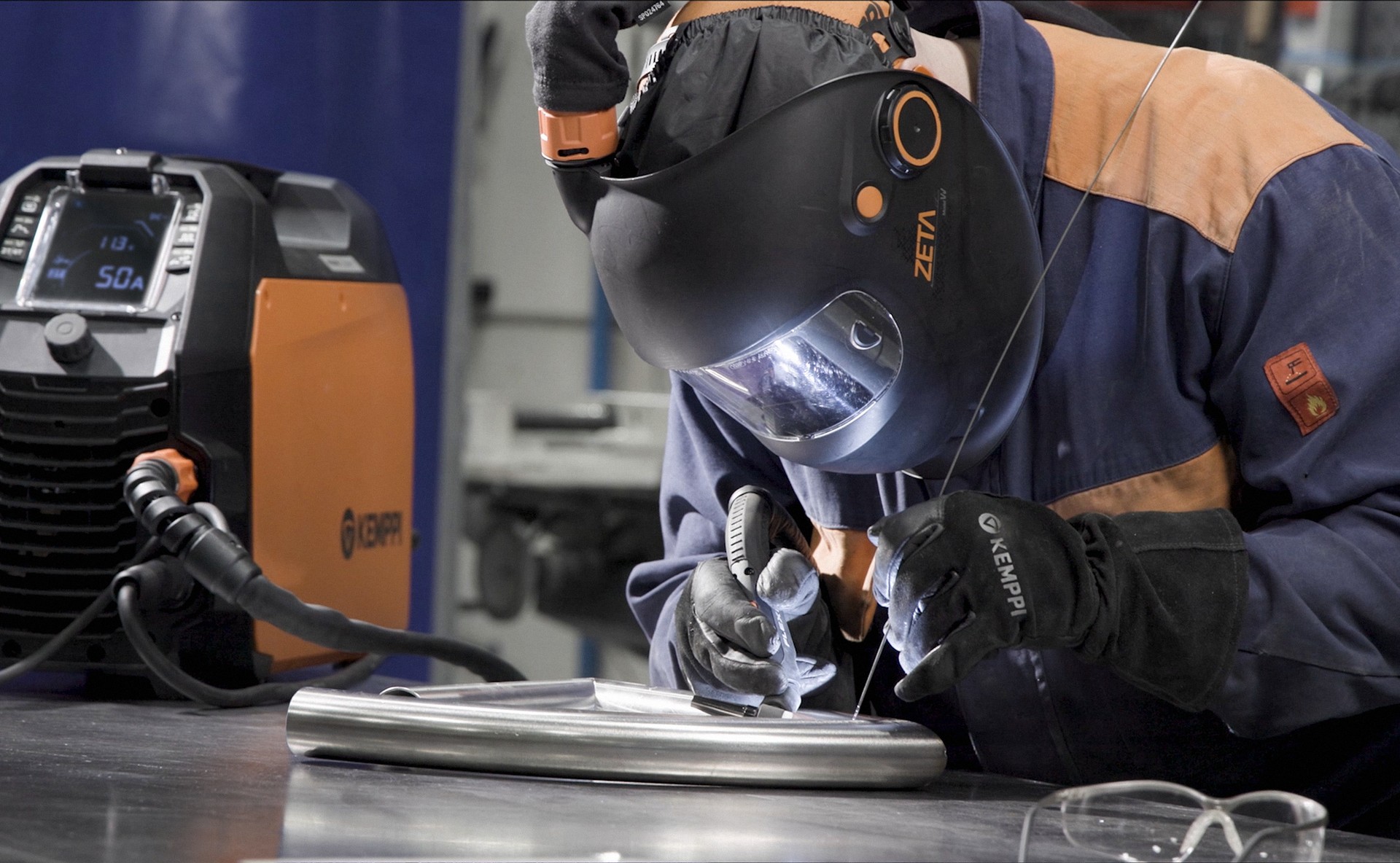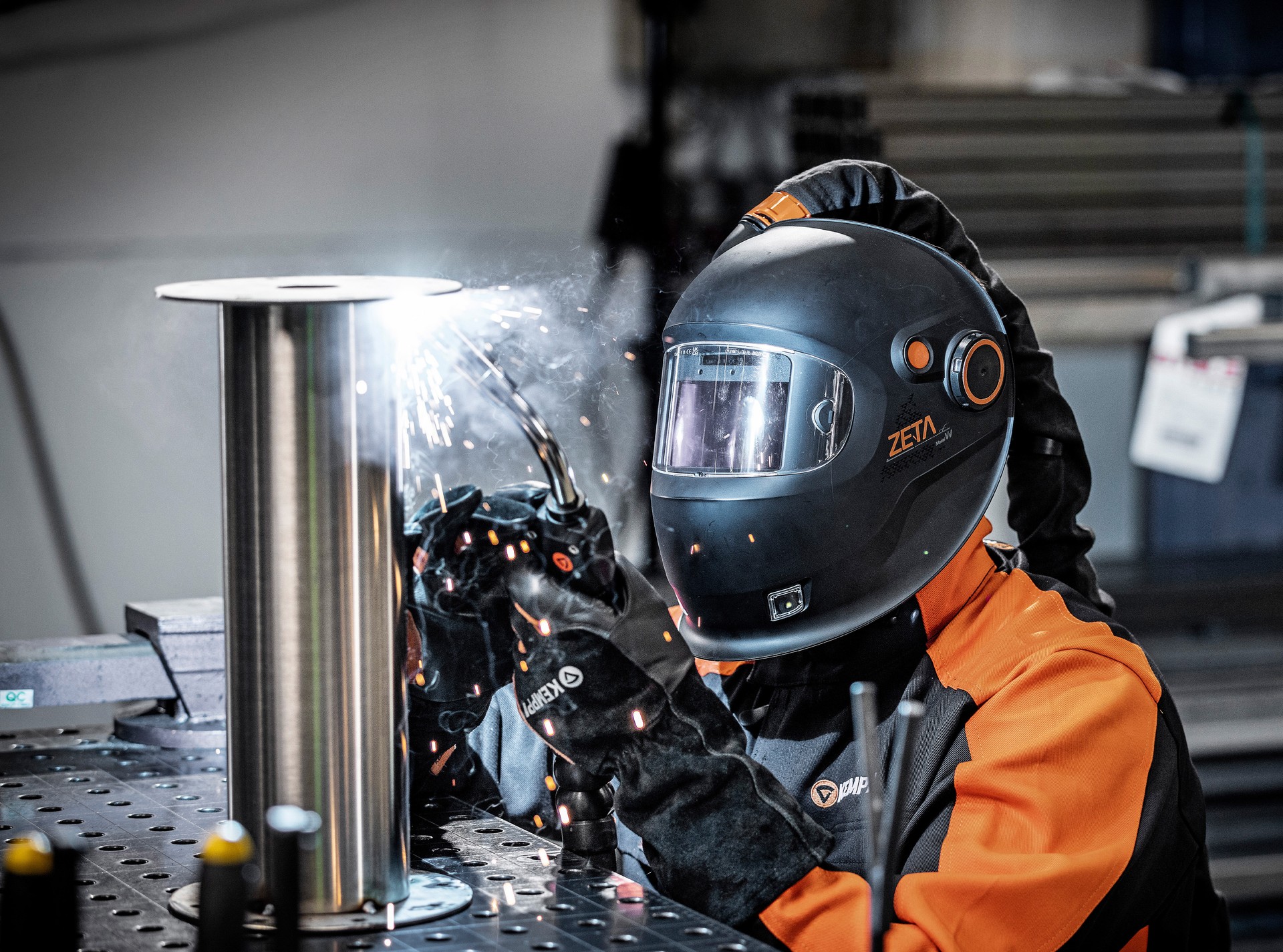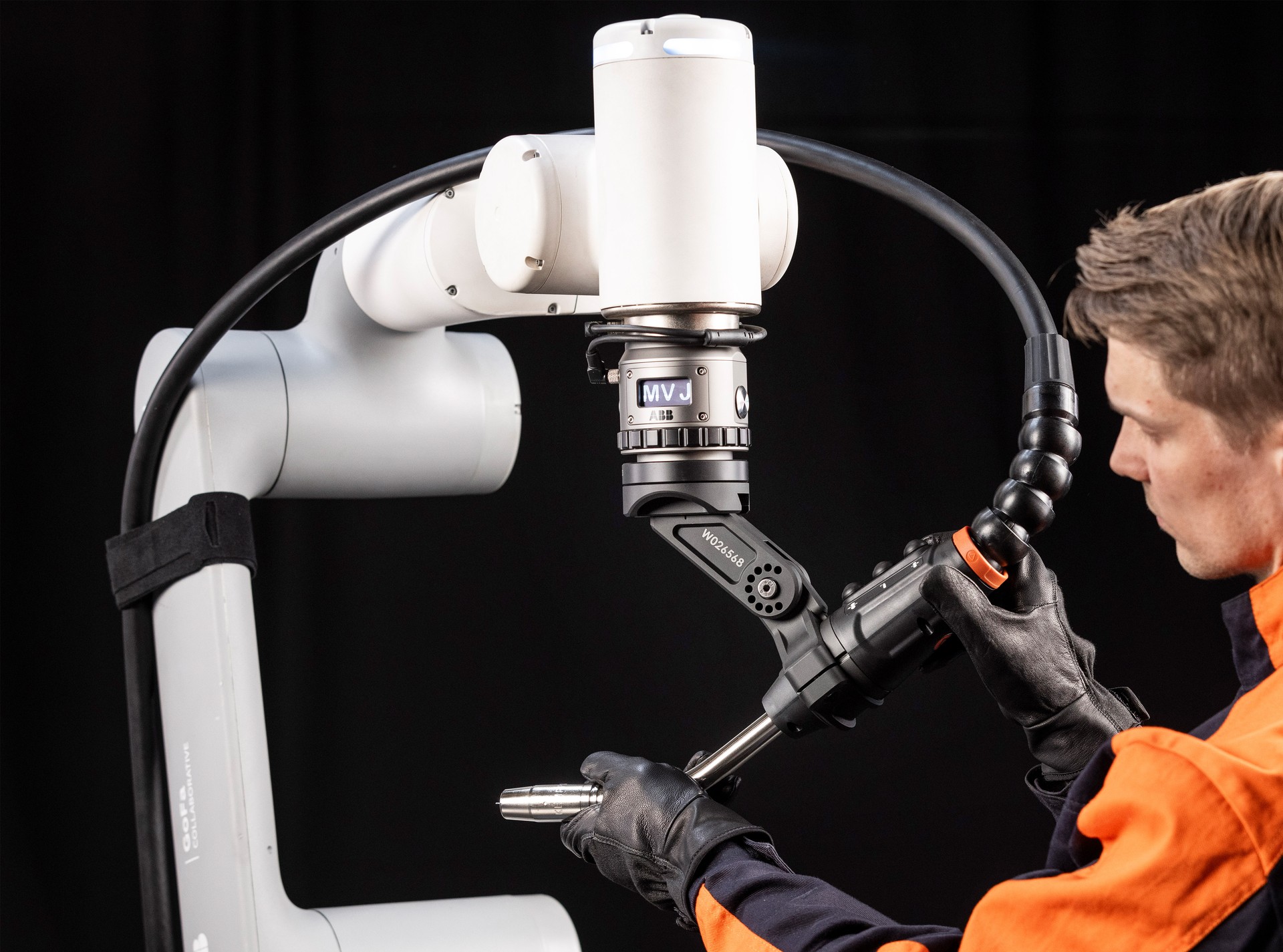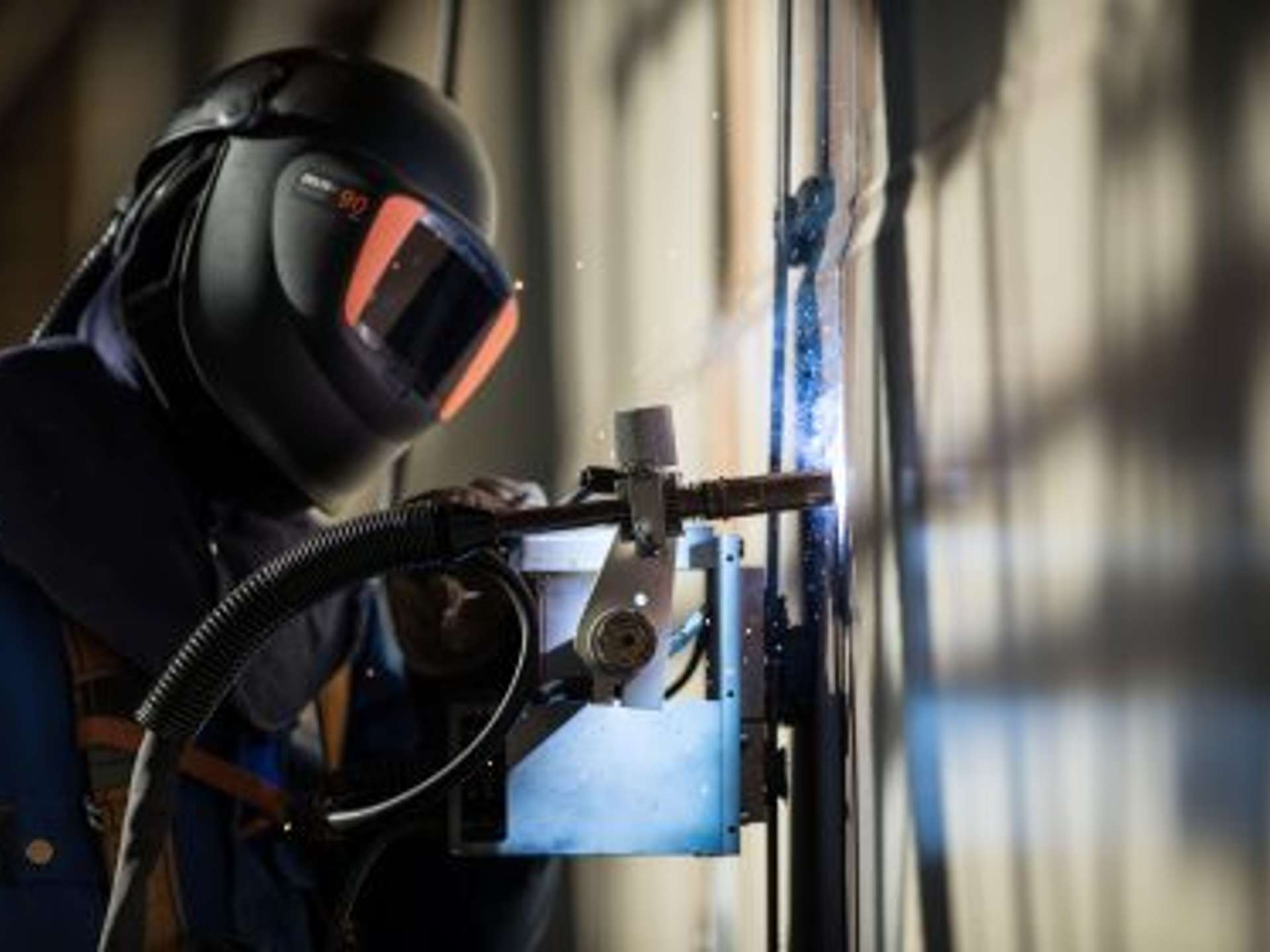
Innovation
Up to 38 % savings with Reduced Gap Technology
19 April 2016
The groove angle has a direct impact on the efficiency and productivity of welding heavy metal structures. Kemppi's new solution, Reduced Gap Technology (RGT) changes the understanding of narrow gap welding. The new technology challenges conventional joint design principles.
Petteri Jernström
In a narrow groove, the welding arc is difficult to control without equipment specially designed for the application. Our technology allows reliable and efficient narrow gap welding with no need for special equipment or accessories for material thicknesses of up to 30 mm. The technology provides many benefits which result in lower investment, repair and labor costs. It enables significant cost savings through reductions in welding time and filler material consumption.
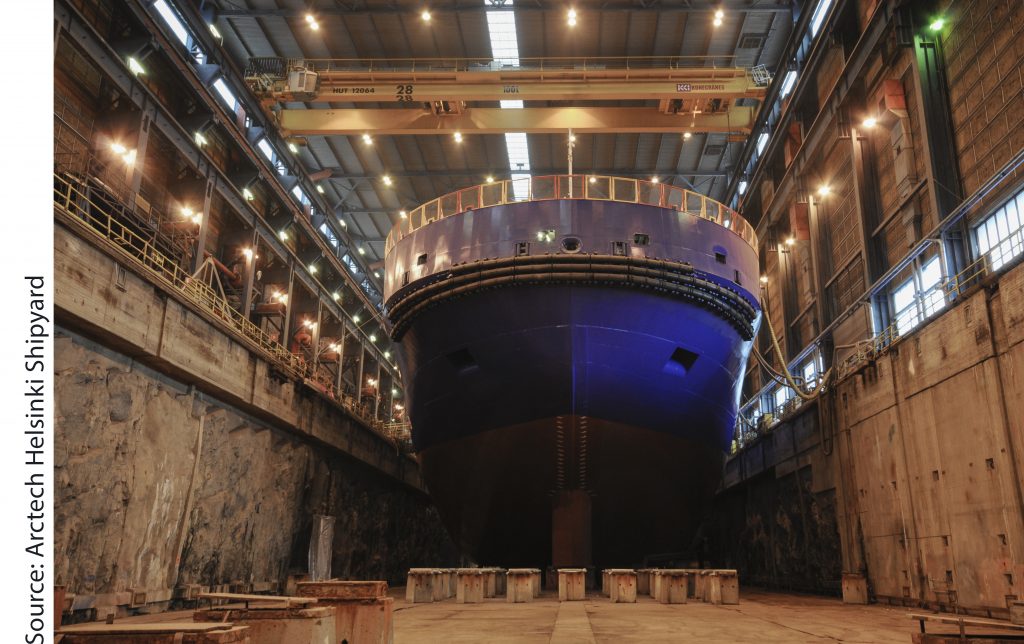
Arctech Helsinki Shipyard has gained speed and quality with Kemppi’s technology
One success story has been Arctech Helsinki Shipyard Oy, which has used Kemppi’s RGT in mechanized welding in the construction of icebreakers. Welding work has gained speed, because the groove volume and the number of passes to be welded have decreased. This has reduced the need for filler material. Mechanization has also made the welds more consistent in quality.
25-38% savings on filler material and arc time

Groove angle 20° instead of 45°
Only five passes instead of seven
25% saving on filler material
38% saving on arc-on time
At the core of Kemppi’s RGT solution is an intelligent arc control system. A short, stable, and efficient arc minimizes the risk of incomplete penetration and lack of fusion, because the arc is always focused precisely at the desired point of the groove. The groove angle can be lowered to 20 degrees instead of the normal 45-60 degrees. The lower the groove angle, the fewer weld passes are needed to complete the joint. It reduces the welding time and the consumption of filler material, and makes the material less prone to distortion. The method is excellently suited to both butt and fillet joints, no matter the welding position.
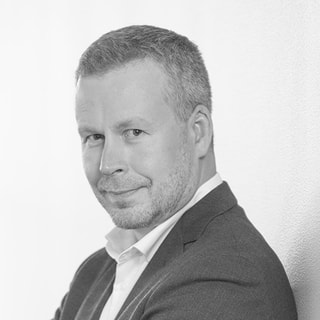
Petteri Jernström
Petteri Jernström
Vice President, Technology at Kemppi Oy until February 2020. A technology innovator with extensive experience across a variety of sectors and roles in the welding industry. Curious about discovering, learning, and inventing new ways of doing things. Petteri holds a Doctor of Science degree in Welding Technology from the Lappeenranta University of Technology, Finland.
